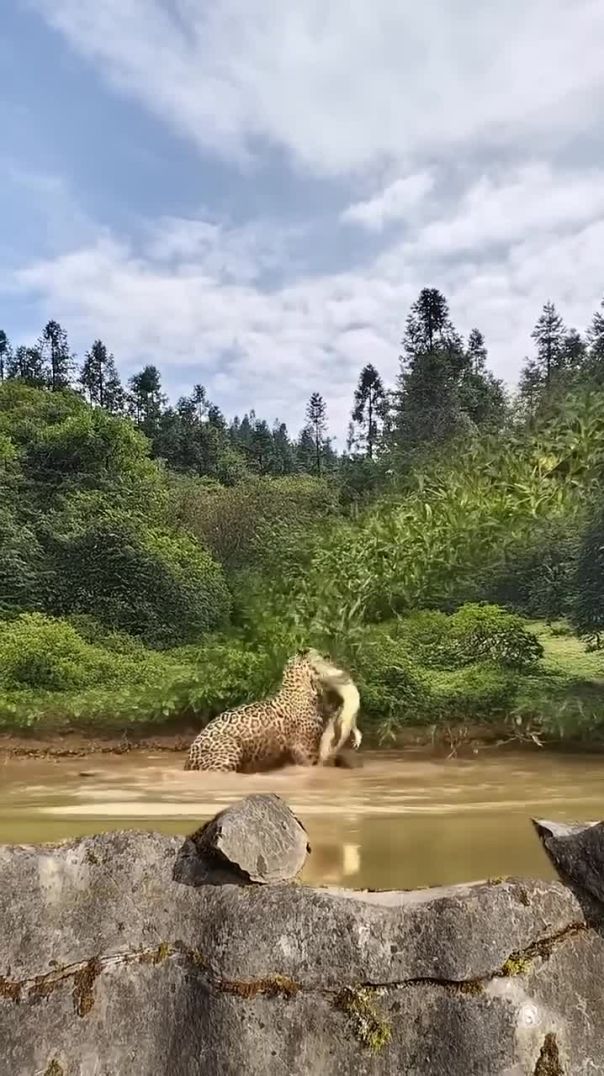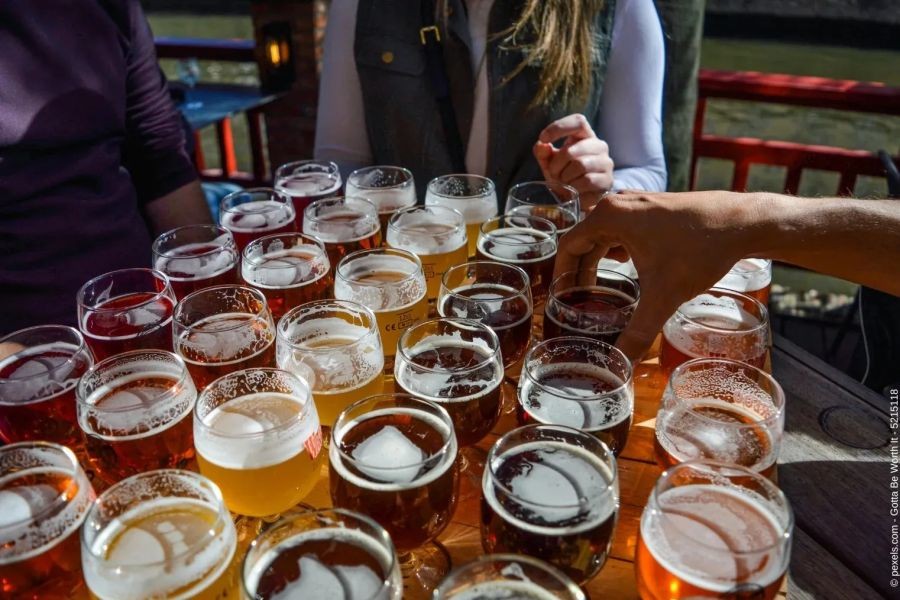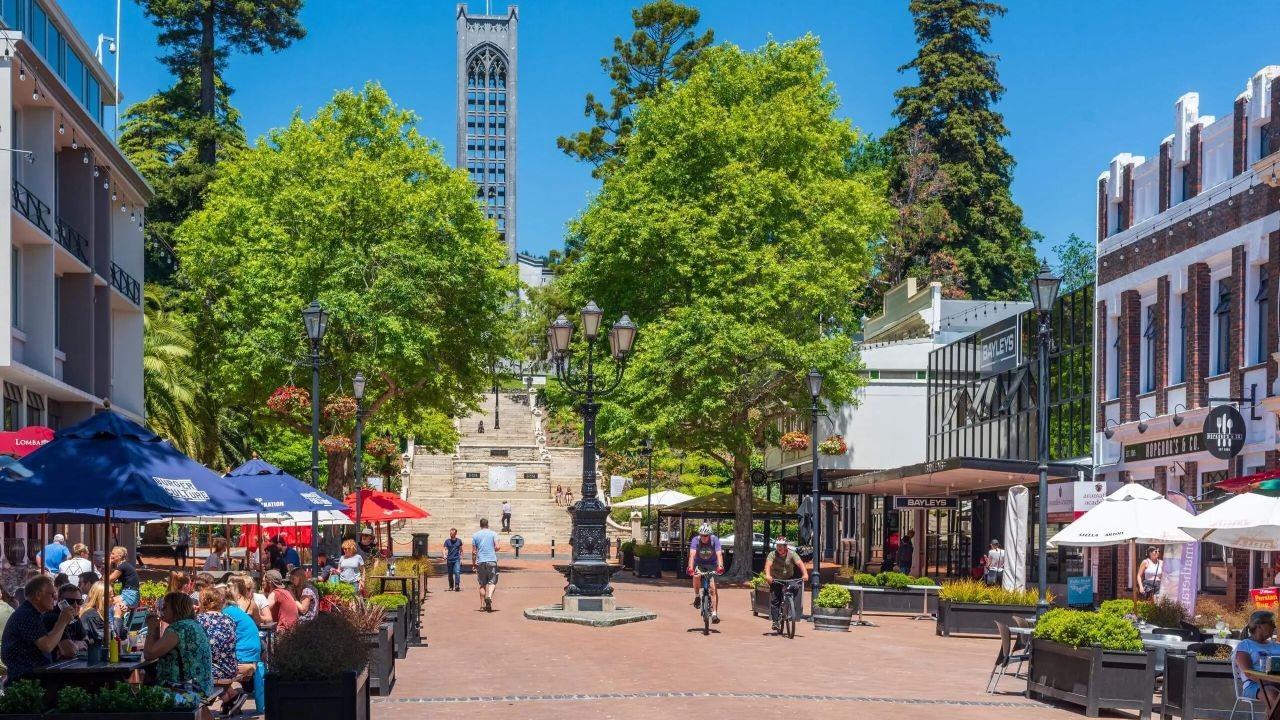New Zealand's tourism economy is a vibrant sector, instrumental in shaping the nation's economic landscape. Yet, beneath its picturesque surface lies a complex ecosystem teeming with challenges and opportunities. As an environmental researcher, understanding this sector's nuances is crucial for unlocking pathways to sustainable development. This article delves into ten key facts about New Zealand's tourism economy, providing detailed insights backed by data, expert opinions, and real-world case studies. Let's explore how this industry impacts Kiwi life, culture, and the environment, while also addressing common misconceptions and future trends.
The Historical Evolution of New Zealand’s Tourism Sector
Tourism in New Zealand has evolved significantly over the years, from being a niche segment to becoming a cornerstone of the national economy. The sector's roots trace back to the early 20th century when steamships brought the first international visitors to its shores. Fast forward to the 21st century, and New Zealand is now a global tourism hotspot, thanks to its unique landscapes and cultural heritage.
According to the Ministry of Business, Innovation and Employment (MBIE), tourism contributed approximately NZD 41.9 billion to the economy in 2019, accounting for 5.8% of GDP. While the pandemic brought unprecedented challenges, the sector is gradually rebounding, with strategic efforts aimed at sustainable growth.
Fact 1: Tourism's Contribution to Employment
Tourism is a significant employment driver in New Zealand, directly employing over 230,000 people, which is about 8.4% of the total workforce (Stats NZ, 2023). This sector not only provides jobs in traditional roles such as hospitality and tour guiding but also spurs indirect employment in sectors like transport, retail, and agriculture.
Fact 2: The Role of Technology in Tourism
In recent years, technology has played a pivotal role in transforming tourism experiences. From AI-driven chatbots assisting travelers to virtual reality tours of attractions, the integration of technology enhances visitor experiences and operational efficiency. However, the increased reliance on technology also raises concerns about data privacy and the digital divide among small tourism operators.
Fact 3: Sustainable Tourism Practices
New Zealand has long been at the forefront of promoting sustainable tourism. The government and industry stakeholders are committed to preserving the natural environment while accommodating tourism growth. Initiatives such as the Tiaki Promise encourage visitors to care for the land, and several eco-friendly certifications promote sustainable business practices.
Case Study: The Milford Sound Initiative
The Milford Sound region has implemented measures to manage visitor numbers and minimize environmental impact. By introducing visitor quotas and promoting off-peak travel, the initiative has successfully reduced congestion and preserved the area's pristine beauty. This model serves as a blueprint for other tourist destinations worldwide, demonstrating the balance between tourism and environmental preservation.
Fact 4: The Economic Impact of International Tourists
International tourists are a vital component of New Zealand’s tourism economy. In 2019, they contributed NZD 17.2 billion, representing 20.4% of the country's total export earnings. However, the pandemic-induced travel restrictions highlighted the sector's vulnerability, prompting a strategic focus on diversifying markets and enhancing domestic tourism.
Fact 5: The Rise of Domestic Tourism
As international travel faced disruptions, domestic tourism emerged as a lifeline for the sector. Kiwis exploring their backyard not only supported local businesses but also helped in sustaining employment and economic activity. The government’s tourism recovery package included incentives to boost domestic tourism, reinforcing the sector's resilience.
Fact 6: Challenges in Infrastructure Development
Infrastructure development remains a pressing challenge for New Zealand's tourism sector. Popular destinations often face infrastructure strain, leading to overcrowded facilities and environmental degradation. Balancing infrastructure development with sustainability is crucial for long-term success.
Industry Insight: The Future of Infrastructure
Experts predict that smart infrastructure investments, supported by government policies and private sector collaboration, will be pivotal in addressing these challenges. Integrating green technology and sustainable practices will ensure that infrastructure development aligns with environmental goals.
Fact 7: The Influence of cultural tourism
cultural tourism is gaining momentum in New Zealand, with Maori culture being a significant draw for international visitors. Authentic cultural experiences not only enrich the tourism offering but also foster cross-cultural understanding and respect. Supporting indigenous communities and preserving cultural heritage are key priorities.
Fact 8: adventure tourism and its Risks
New Zealand is renowned for adventure tourism, attracting thrill-seekers from around the world. Activities like bungee jumping, skiing, and skydiving contribute significantly to the tourism economy. However, this niche also comes with inherent risks, necessitating stringent safety regulations and risk management strategies to ensure visitor safety.
Fact 9: The Impact of Climate Change on Tourism
Climate change poses a significant threat to New Zealand's tourism sector. Rising sea levels, increased frequency of extreme weather events, and biodiversity loss can adversely affect tourism attractions. Proactive measures, such as environmental conservation and climate adaptation strategies, are essential for mitigating these impacts.
Case Study: Climate Adaptation in the Southern Alps
The Southern Alps, a popular tourist destination, is experiencing the effects of climate change with receding glaciers and changing weather patterns. The region's adaptation strategies include promoting sustainable tourism, investing in climate-resilient infrastructure, and raising awareness among tourists about the importance of conservation.
Fact 10: The Future of New Zealand’s Tourism Economy
As the tourism sector emerges from the pandemic, its future hinges on adaptability and resilience. Embracing digital transformation, fostering sustainable practices, and diversifying markets are key strategies for future growth. According to a report by Deloitte, the sector could reach pre-pandemic levels by 2025, driven by innovative solutions and strategic collaborations.
Common Myths About New Zealand’s Tourism Economy
- Myth: "New Zealand's tourism is entirely dependent on international visitors."Reality: Domestic tourism plays a crucial role, contributing significantly to the economy, especially during travel restrictions (Stats NZ, 2023).
- Myth: "Sustainable tourism is costly and impractical."Reality: Sustainable practices often lead to cost savings and enhanced brand reputation, attracting environmentally-conscious travelers (MBIE, 2023).
- Myth: "Technology will replace human interaction in tourism."Reality: While technology enhances experiences, human interaction remains vital for personalized service and cultural exchange.
Future Trends and Predictions
The future of New Zealand’s tourism economy is poised for transformation. Experts anticipate a shift towards experiential travel, where visitors seek meaningful connections with culture and nature. The integration of augmented reality and AI in tourism will reshape visitor experiences, while sustainability will remain a core focus. By 2030, the sector is expected to be more resilient, inclusive, and sustainable, driven by innovation and collaboration.
Conclusion: Final Takeaway & Call to Action
New Zealand's tourism economy is a dynamic sector with immense potential for growth and innovation. As environmental researchers and stakeholders, it is vital to advocate for sustainable practices, support indigenous communities, and embrace technological advancements. By fostering a tourism ecosystem that balances economic prosperity with environmental stewardship, we can ensure that New Zealand remains a top destination for generations to come.
What are your thoughts on the future of New Zealand’s tourism economy? Share your insights and join the conversation below!
People Also Ask (FAQ)
- How does tourism impact New Zealand's economy?Tourism significantly contributes to New Zealand's GDP, accounting for 5.8% in 2019, and supports employment across various sectors (MBIE, 2023).
- What are the biggest misconceptions about sustainable tourism?A common myth is that sustainable tourism is impractical, but it often leads to cost savings and attracts eco-conscious travelers (MBIE, 2023).
- What is the future of New Zealand's tourism sector?The sector is expected to embrace experiential travel, technological integration, and sustainability, driving resilient growth by 2030.
Related Search Queries
- New Zealand tourism statistics 2023
- Impact of climate change on NZ tourism
- Sustainable tourism practices in New Zealand
- Future trends in New Zealand tourism
- Role of technology in NZ tourism
- adventure tourism in New Zealand
- cultural tourism New Zealand
- Domestic tourism growth in NZ
- New Zealand tourism recovery post-COVID
- Economic impact of tourism in New Zealand


































GordonConn
9 months ago